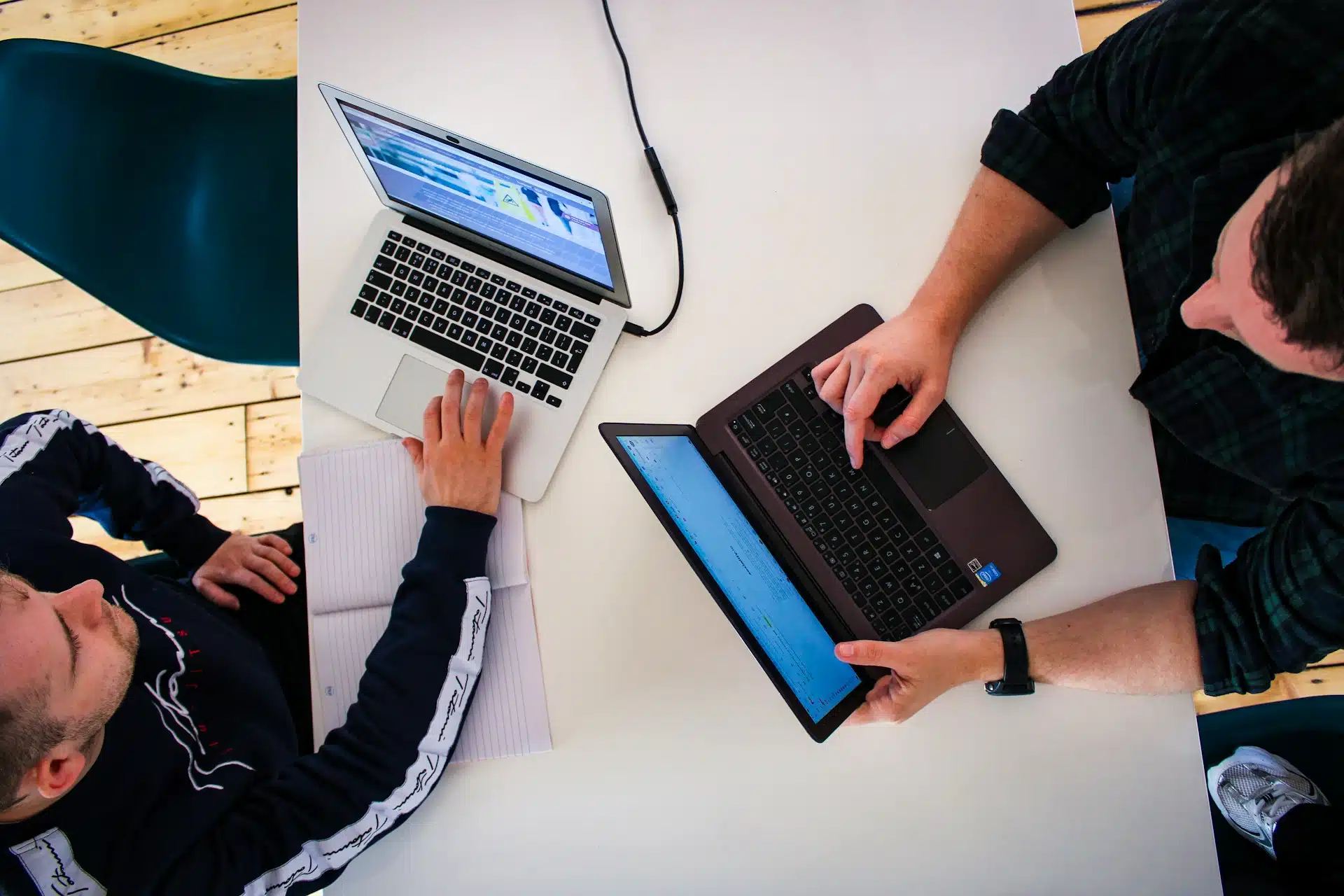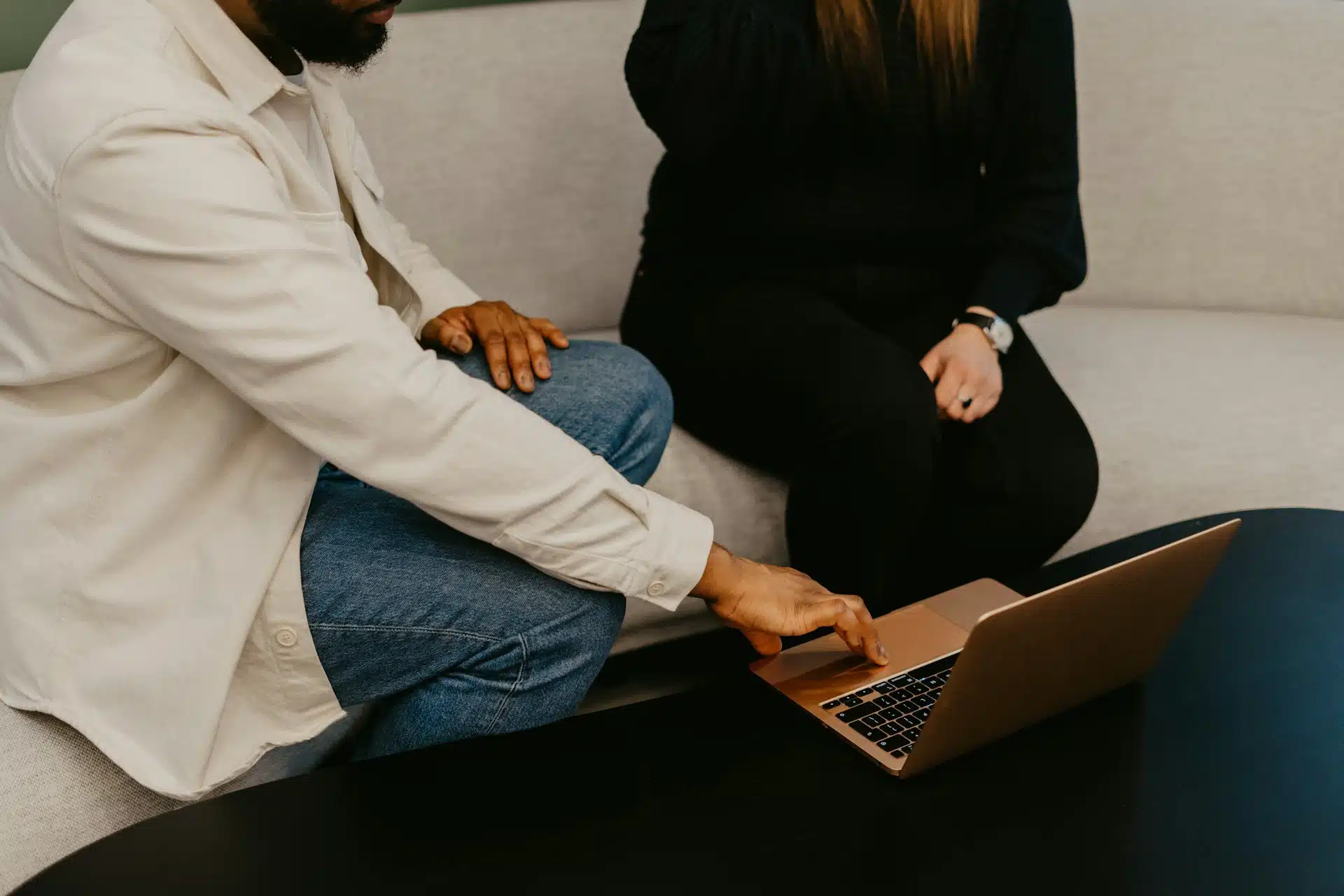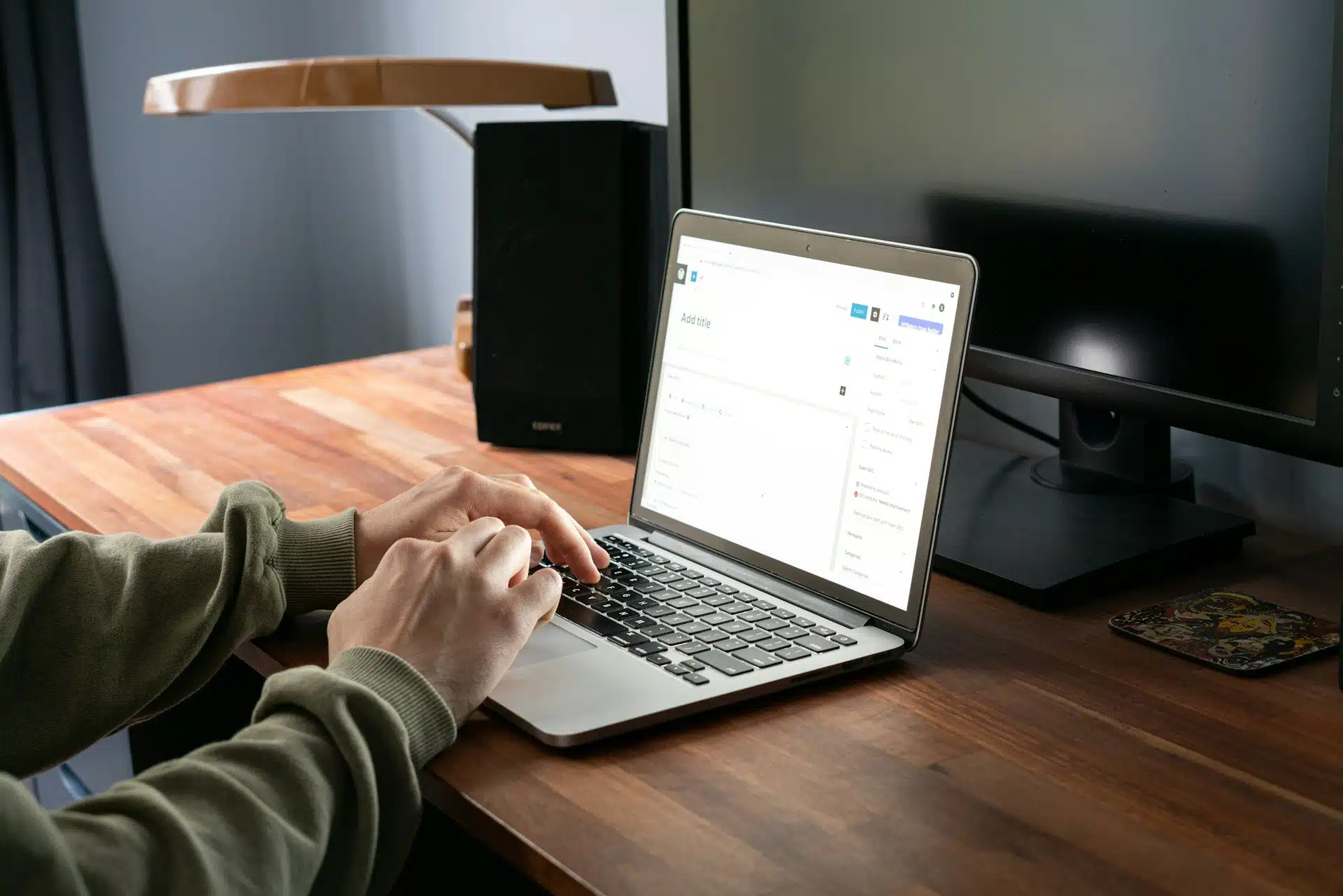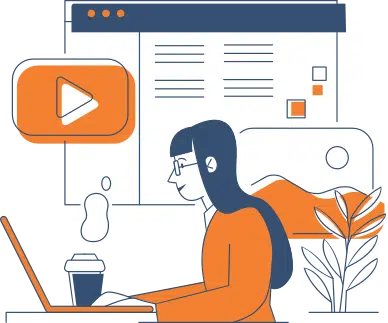
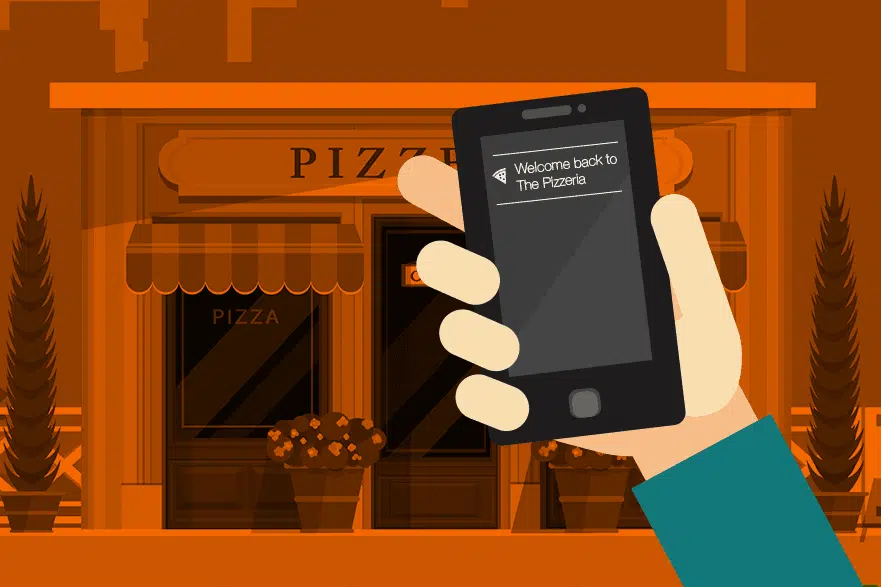
With Apple and Facebook working on their own concepts, it’s reasonable to say that Bluetooth Beacons are the future of retail. They’re a way of combining reality with the digital world, which is becoming more and more important to people. It might be a bit early to start using them for your own business, but it’s hard to understate how important these little devices will be for marketers.
Here’s our guide to Bluetooth Beacons, and how they’ll impact your life in the not-so-distant future.
What are Bluetooth Beacons?
Imagine being at the mall, and your phone alerts you to something. Oh hey, it’s a notification from the clothing store you’re walking by. The notification says there’s a sale on those jeans you looked at last week. How convenient.
You walk into the store and check out the sale on jeans. There’s an option on your phone to check if more will be in stock, or if they come in different colours. You find a pair you like, and then head over to the shoe section.
As you browse the shoe section, your phone alerts you to 10% off all shoes that you purchase today. You find a pair you like, and then you pay for them. No, not at the cash register—on your phone. You check out, and then head back into the mall.
It sounds crazy—an entire retail experience, but from your phone. Well, with Bluetooth Beacons, it’s not so far away.
How do Bluetooth Beacons work?
Bluetooth Beacons can be set up around a store to draw customers in, track them as they shop, and sweeten the deal for more hesitant shoppers. Beacons will allow stores to send promos, provide product and store info, track how long shoppers look at products, and measure the time between each visit to the store.
But conspiracy theorists can rest easy—it’s not like any store with these magic beacons can suddenly track your sleeping patterns and send you spam all day long. Instead, shoppers will opt in for alerts, and will benefit from e-coupons and product information, sort of like we already do with smartphone and tablet apps.
Also, beacons will use a new type of Bluetooth, called Bluetooth Smart. It’s basically a better version of Bluetooth that doesn’t need to be shut off all the time because it’s more efficient and uses less power. Bluetooth estimates that over 90% of smartphones will use Bluetooth Smart by 2018.
How will Bluetooth Beacons benefit marketers?
Today, retail shoppers may or may not be first-time visitors, might only buy one product from a store, or might prefer to shop during certain hours. These metrics make all the difference when it comes to marketing, but currently, there’s no accurate way to find out without conducting surveys and watching each customer as they shop.
Bluetooth Beacons will change the entire process: Shoppers will benefit from having relevant shopping offers sent to them, and marketers will benefit from tracking the customer at each point during the shopping experience. For marketers, it’s a big deal to have measurable metrics from an activity like retail shopping.
Will Bluetooth Beacons only benefit retail stores?
In the near future, we’ll see exactly how creative marketers can get with beacons. For example, a hotel chain plans on using beacons instead of keycards to enter hotel rooms. That way, guests won’t need to wait to check into a room. It also provides the hotel with data as to where their guests shop, eat, and have fun.
Another genius use of beacons involves airports. Beacons can alert passengers to schedule changes or any key information, depending on the passenger’s location in the airport. There are also plans for universities and other large spaces to use beacons as a location-based guide for those who need help with navigation.
And they’re not just for tracking people: Warehouses, hospitals, and even museums can benefit from using beacons as a guide to where certain items are located, making it easier to track inventory or tools, and help prevent you from losing or missing something important.
What are your thoughts on Bluetooth Beacons? Are beacons innovative and helpful, or are they creepy and invasive? Leave a comment and let us know what you think!
Recent Articles
Write For Us
Think you’ve got a fresh perspective that will challenge our readers to become better marketers? We’re always looking for authors who can deliver quality articles and blog posts. Hundreds of your peers will read your work, and you will level up in the process.Ready to grow? Say Hello




